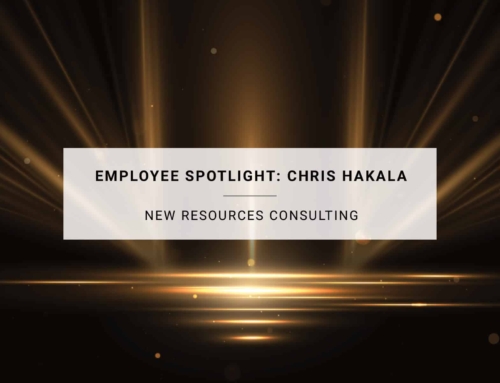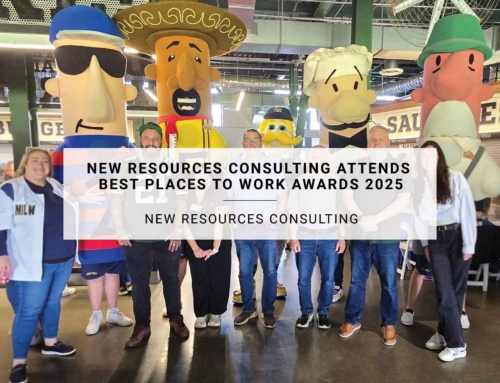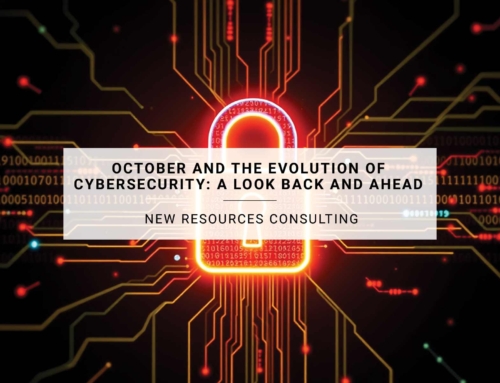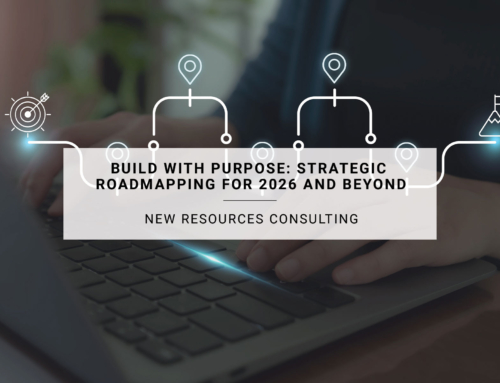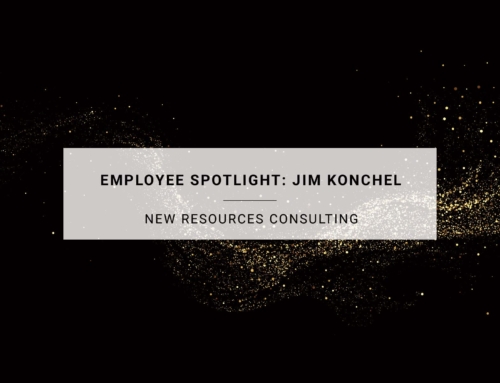In today’s tech landscape, excelling in technical expertise is only half the equation for landing your next role. Increasingly, hiring managers are seeking candidates who not only have the right technical skills but also demonstrate strong soft skills. Why? Because the ability to communicate, collaborate, and adapt in a dynamic work environment is critical for success—especially for consultants.
Many of our recruiters have seen firsthand how emphasizing your soft skills during the hiring process can make a significant difference. Whether you’re a seasoned consultant or a new candidate in the tech industry, here’s how to highlight and leverage your interpersonal skills to stand out in interviews and beyond.
What Are Soft Skills?
Soft skills encompass a range of non-technical abilities that enable you to effectively interact with others and navigate workplace challenges. For tech professionals, these skills often include:
- Communication: Translating complex technical concepts into clear, understandable language for non-technical audiences.
- Teamwork: Collaborating across teams, departments, and disciplines.
- Adaptability: Navigating rapidly changing technologies, project scopes, and priorities.
- Problem-solving: Applying creative solutions in high-pressure situations.
- Emotional Intelligence: Understanding and managing your emotions while empathizing with others.
These traits help you not only succeed in your role but also contribute meaningfully to the organization’s overall goals.
Why Soft Skills Matter in the Tech Industry
While technical expertise gets your foot in the door, soft skills are what keep you in the room. For tech consultants, these abilities are critical for several reasons:
Building Client Trust: Consultants often serve as the bridge between technical teams and business leaders. Your ability to explain technical solutions clearly and confidently builds credibility and trust.
Aligning with Business Needs: Companies are increasingly viewing IT as a service rather than a standalone function. Demonstrating empathy and understanding of business goals is crucial.
Thriving in Complex Environments: Consultants often work in dynamic settings, managing cross-functional teams and juggling multiple priorities. Flexibility and collaboration are key to thriving in these roles.
In short, soft skills aren’t just “nice to have”—they’re often the difference between a good hire and a great one.
How to Showcase Soft Skills During Interviews
Now that we’ve established why soft skills matter, let’s talk about how to highlight them in an interview setting. Here are some tips:
Use Real-Life Examples:
Share specific situations where you demonstrated communication, collaboration, or adaptability. For example, “I led a team of five developers on a project where we had to pivot quickly due to changing requirements. My role involved reassigning tasks and ensuring team alignment, which helped us deliver the project on time.”
Explain Complex Ideas Simply:
During the interview, practice explaining a technical concept in layman’s terms. This shows your ability to communicate effectively with diverse audiences.
Showcase Teamwork:
Be prepared to discuss how you’ve worked with cross-functional teams or resolved conflicts. Highlight the value you brought to the team dynamic.
Demonstrate Emotional Intelligence:
Share examples of how you’ve handled workplace challenges with empathy and self-awareness. For instance, “When a team member struggled to meet a deadline, I stepped in to assist and helped them develop a plan to stay on track for future tasks.”
Engage Positively:
Smile, maintain good body language, and show genuine enthusiasm for the role. Even in virtual interviews, avoid looking off-screen or appearing distracted.
Why Soft Skills Are Critical for Consultants
Consulting roles require a unique balance of technical expertise and interpersonal finesse. As a consultant, you’re not just solving problems, you’re guiding organizations through change, aligning solutions with business goals, and building relationships.
Here’s why soft skills are indispensable for consultants:
Client Interaction: Consultants often act as trusted advisors. Your ability to listen, empathize, and communicate effectively sets the foundation for long-term client relationships.
Cross-Functional Collaboration: You’ll frequently work with diverse teams, translating technical requirements into actionable business strategies.
Adaptability in Dynamic Environments: Consulting projects often come with changing scopes and priorities. Flexibility and resilience are vital for navigating these shifts.
Long-Term Impact: Beyond delivering solutions, consultants help shape a company’s future by aligning their work with strategic objectives.
At NRC, we understand that being a successful consultant isn’t just about technical skills—it’s about bringing value to every interaction.
Soft skills are no longer optional in the tech industry—they’re essential. As you prepare for your next interview, focus on showcasing your ability to connect with others, adapt to change, and solve problems creatively.
Working with one of our recruiters can help you refine these skills and position yourself as the ideal candidate. At New Resources Consulting, our recruiters are experts at matching you with roles that align with your strengths and help you navigate the hiring process with confidence.
If consulting has always intrigued you, it’s worth noting the benefits it offers: exposure to diverse projects, opportunities for career growth, and the ability to make a tangible impact on organizations. When paired with strong soft skills, consulting becomes a fulfilling career path.
Let’s work together to unlock your potential. Whether you’re a seasoned professional or just starting your journey, NRC is here to support you every step of the way.




